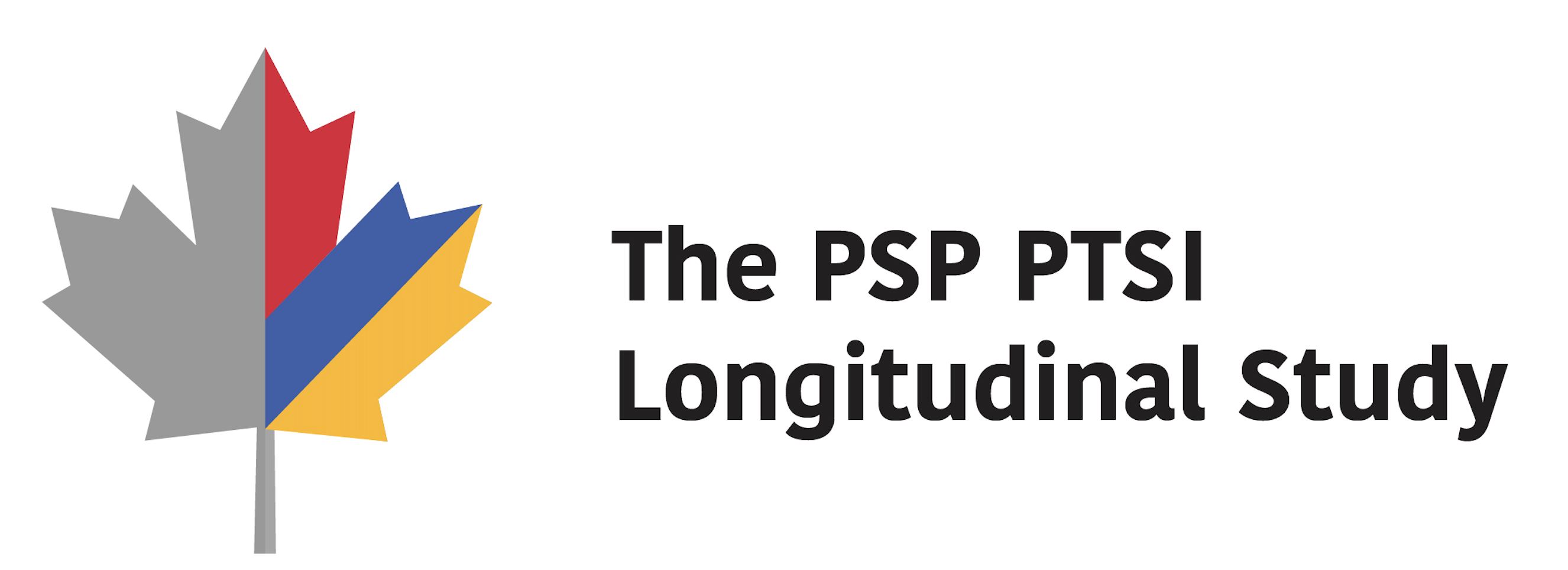Why was the study done?
Public safety personnel (PSP) are frequently exposed to psychologically traumatic events. The exposures potentiate posttraumatic stress injuries (PTSIs), including posttraumatic stress disorder (PTSD). The Royal Canadian Mounted Police (RCMP) Protocol was designed to mitigate PTSIs using ongoing monitoring and PSP delivered Emotional Resilience Skills Training (ERST) based on the Unified Protocol for the Transdiagnostic Treatment of Emotional Disorders. The current study pilot-tested ERST effectiveness among diverse PSP.
What was done in the study?
The current research draws on data from the larger, 10-year RCMP Study, a part of a Federal Framework on Posttraumatic Stress Disorder (PTSD). A 16-month longitudinal design engaged serving PSP (firefighters, municipal police, paramedics, public safety communicators) who completed PSP-delivered ERST. Participants were assessed for symptoms of PTSIs, including but not limited to PTSD, at pre- and post-training, and 1-year follow-up using self-report measures and clinical interviews. Statistical analyses were conducted to test for differences in mental health disorder symptoms and proportions of positive screens for mental health disorders between the three assessment intervals: pre-training, post-training, and 1-year follow-up, as well as between sociodemographic categories and between the current sample and a previously published large and diverse Canadian PSP sample from 2017.
What did we find out?
There were reductions in self-report and clinical diagnostic interview positive screens for PTSD and other PTSI from pre- to post-training, with mental health sustained or improved at 1-year follow-up. Improvements were observed among firefighters, police, paramedics, and communicators, indicating that ongoing mental health monitoring and PSP-delivered ERST, can produce small to large mental health improvements among diverse PSP, or mitigate PSP mental health challenges, with variations influenced by pre-training factors and organizational supports. The current results support using the RCMP Protocol to help broadly improve PSP mental health or at least maintained non-clinical status despite compounding challenges associated with COVID-19.
To cite this article: Carleton, R. N., Sauer-Zavala, S., Teckchandani, T. A., Maguire, K. Q., Jamshidi, L., Shields, R. E., Afifi, T. O., Nisbet, J., Andrews, K. L., Stewart, S. H., Fletcher, A. J., Martin, R., MacPhee, R. S., MacDermid, J. C., Keane, T. M., Brunet, A., McCarron, M., Lix, L. M., Jones, N. A., … Asmundson, G. J. G. (2025). Mental health disorder symptom changes among public safety personnel after emotional resilience skills training. Comprehensive Psychiatry, 138, 152580. https://doi.org/10.1016/j.comppsych.2025.152580
To link to this article: https://doi.org/10.1080/16506073.2024.2402995
